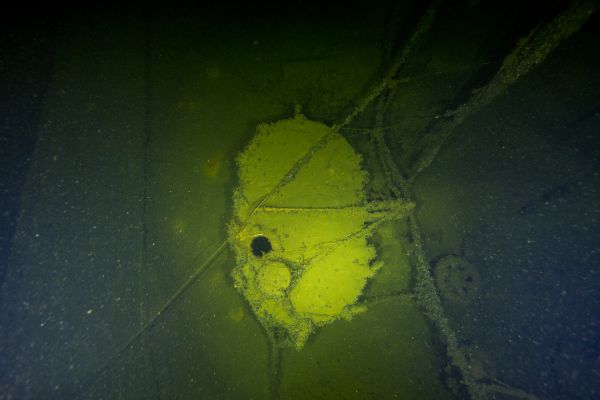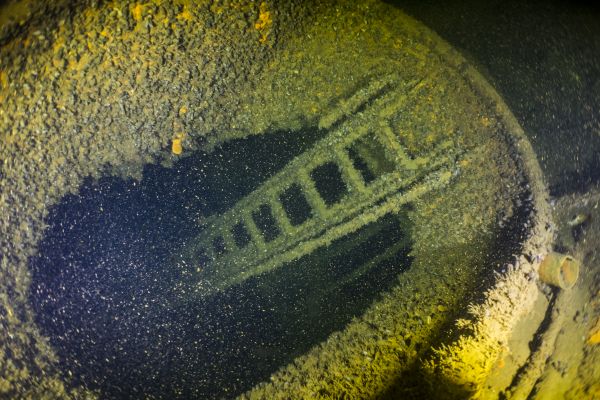Hazardous wrecks in the Baltic. After the control of the Supreme Audit Office.
On 30th May 2020 the Polish Supreme Audit Office (NIK) published the long-awaited report on preventing the threats resulting from dumped hazardous materials in the Baltic. The audit of NIK was carried out in 2019 as a result of the campaign carried out by the MARE Foundation.
The main conclusion of the report was that the maritime administration and environmental protection authorities have not yet taken adequate measures to assess, monitor and prevent the risk posed by hazardous substances (dangerous munition and fuel) located at the Baltic sea bottom.
As a result of the audit conducted in January 2020, the Minister of Climate received a parliamentary interpolation (No. 1344) with a request for information on the following questions:
Has the Ministry of Climate prepared a programme to monitor the risk of spill of hazardous substances from wrecks located in the Baltic, including measures to prevent a disaster line the Finnish Bonus Swera or the Swedish SWAM programmes? If so, when will this programme enter into force? IS the Ministry of Climate aware of the conclusion of the audit report? Have any corrective actions been taken?
According to the Maritime Institute, the cost of the cleaning action to retrieve the fuel from Stuttgart will cost approx. 200 million PLN. The State budget for 2020 allocates 1.289.190.000 PLN for the maritime economy. What part of this sum can be allocated to the disposal of dangerous substances from Stuttgart and other wrecks located in the Polish Territorial waters? The conclusions of the wreck conference organised by the MARE Foundation and the Maritime Institute in Gdańsk in February 2-19 correspond to the conclusions presented in the report of the Supreme Audit Office. Does the Ministry plan to implement them?
As a result of the above interpolation, a meeting of the Parliamentary Committee on Environmental Protection, Natural Resources and Forestry on 17th September 2020 was held to consider the report of the Supreme Audit Office. The meeting was attended by representatives of all relevant ministries. During the meeting, Jacek Ozdoba, the Secretary of State of the Ministry of Climate, thanked the Supreme Audit Office for taking up this topic at the highest levels, because the risk posed by shipwrecks had not been adequately addressed in the past. He promised to make all efforts to undertake the monitoring of the Baltic sea-bottom.
There are more than 400 wrecks in the Polish EEZ, including about 100 in the Gdańsk Bay. The report of the Supreme Audit Office clearly indicates that dangerous materials (including fuel) deposited on the sea bottom pose a real risk of an environmental disaster in this region. The representatives of the Audit Office indicated that despite the establishment of an expert group on the Franken wreck in 2018, the recommended research of the wreck still has not been conducted. There is also an urgent need to carry out the inventory of the sea bottom and a methodology of the assessment of the risk posed by shipwrecks.



